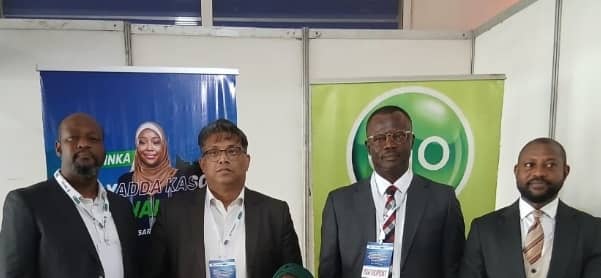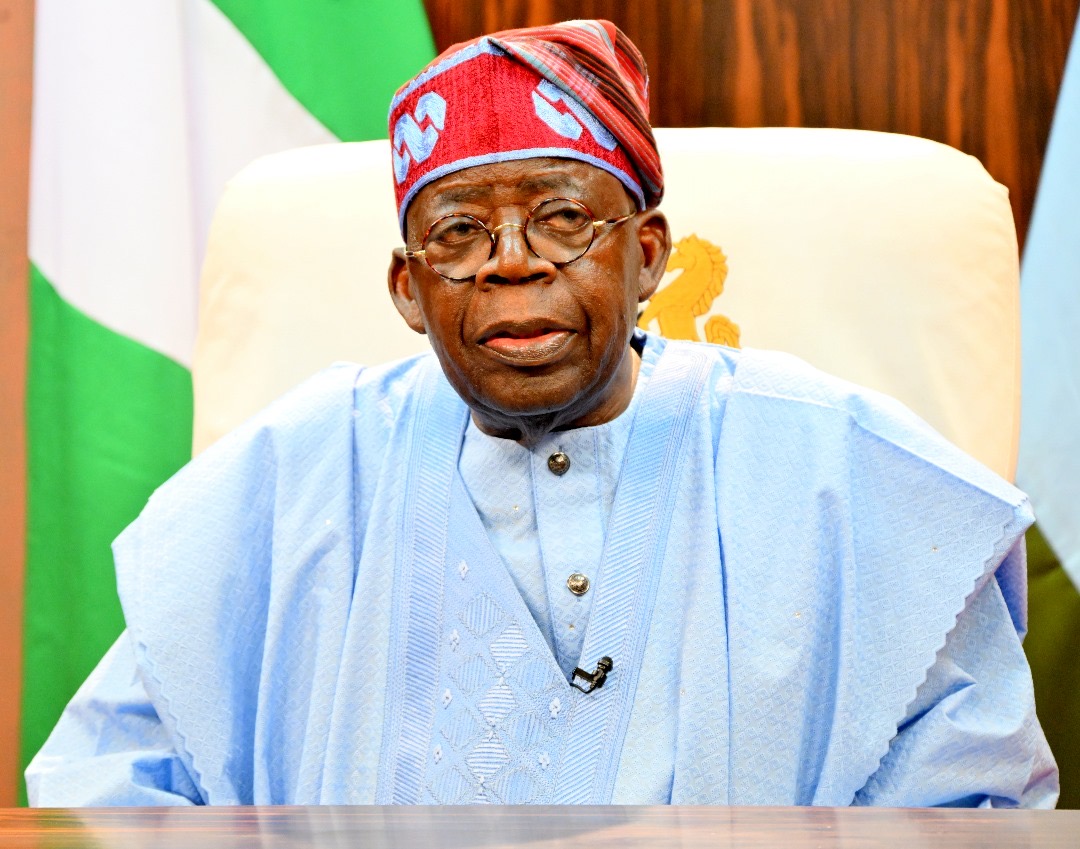Nseobong Okon-Ekong reports that participants at a recent pan-Africa webinar agreed on the need to exchange knowledge to build a community for safer gaming across the continent
With the recent landmark gathering of relevant stakeholders in the gaming industry, the stage is set for a pan-African community committed to actionable, locally grounded safer gaming solutions. The virtual meeting, which was anchored by Abuja, Nigeria-based advocacy group GambleAware NG and moderated by its founder, Gabriel Akpabio, had participants from 12 countries.
Bashir Are, Managing Director of the Lagos State Lotteries and Gaming Authority, welcomed attendees, noting the critical responsibility of ensuring safe and sustainable gaming as the industry rapidly grows in Africa. He restated the importance of player protection, particularly for young and vulnerable populations, stressing that trust is crucial for the industry’s growth.
Are outlined Lagos State’s approach is outlined, including strict regulatory compliance, the Safe Play platform for responsible gaming, annual advocacy programmes, support for research, and fighting unlicensed operators. He urged a collective commitment to policies, technology, and partnerships to create a safe gaming environment for all players and ensure the industry’s sustainability and legitimacy.
Contributors at the webinar agreed it is needful to encourage knowledge exchange to build a community of practice for safer gaming across the continent. Some of the consensus reached include an understanding approach to issues of safer gaming from a local context. This posits that effective harm prevention adapts local measures to regional realities across East, West, and Southern Africa by combining data-driven insights with community knowledge.
A common position among all participants was that all hands need to be on deck to achieve any meaningful result. There was no dissenting voice when it came to the issue of shared accountability: Regulators, operators, advocacy groups, and players all bear responsibility for safer gaming, from policy design to on-the-ground support.
A possible game changer is the possibility of understanding regulation as an investment. For instance, if more robust frameworks are adopted, responsible gaming can be made mandatory, rather than an option. Tougher directives can be adopted for self-exclusion tools and unlicensed operator enforcement to sustain trust and promote long-term industry growth. It was generally agreed that exploitative practices and lack of transparency erode public confidence and can lead to the build-up of negative sentiments towards the industry.
Participants applauded South Africa’s NRGP public-private partnership, which delivers free nationwide counselling, treatment, and social services funded by a 0.1% industry levy. This national support has led to a structure that embeds safer gaming measures across the country’s gaming ecosystem.
Lebogang Seoheng of the South African Responsible Gambling Foundation detailed the NRGP model: a legislated, levy-funded programme offering a toll-free counselling line, national treatment network, mobile outreach, and stakeholder training to ensure cohesive support. The presentation also covered the impact on the economy and other sectors, with banks raising alarms about gambling-related debt affecting loan repayments.
Prevention programmes target minors through school campaigns (’Taking Risks Wisely’) funded by operator foundations, highlighting illegal underage gambling and its brain development risks. University outreach and training for employees, social workers, and educators are underway to identify and refer problem gamblers. The importance of regulation, operator responsibility, and player protection was stressed alongside ongoing collaborative efforts to address gambling harm in South Africa.
Zuko Phandle of the Eastern Cape Gambling Board in South Africa) highlighted the country’s regulatory framework, which operates under concurrent jurisdiction between national and provincial authorities. He emphasised the importance of developing and maintaining national norms and standards that cascade into provincial regulations. He discussed the challenges posed by illegal gambling and the economic difficulties that can drive problematic gambling behaviours. Zuko described ongoing efforts to implement advanced regulatory technologies, such as real-time data monitoring and AI-driven systems, to ensure compliance and better protect players.
Olafadeke Akeju of WYS Solicitors praised South Africa’s national approach to responsible gaming as a model other African countries could learn from and implement. She acknowledged efforts in Lagos State to promote responsible gambling and ensure licensee compliance, but highlighted a major gap. According to her, many players, as well as their families, do not know where to get help for gambling addiction. She stressed the need for a national framework for responsible gaming in Nigeria. She suggested a regulator-led, collective effort where operators contribute a set percentage of their Gross Gaming Revenue centrally to fund organisations involved in advertising, publicity, and awareness campaigns. This would ensure that those in need can access support services consistently across states.
Volunteering his encounters as a reformed gambler, Ladipo Abiose, founder of Gamblepause Initiative Africa, shared his personal recovery journey, advocating early-intervention school programmes, technology-driven parental controls, and community education to shield youths from gambling harm. He talked about his organisation’s mission to promote responsible gambling, prevent underage gambling, and support those affected by gambling harm. Drawing on his experience with gambling harm, he stressed the importance of early intervention. It is important to prioritise age-appropriate education, strong age-verification systems, and community outreach while drawing on personal recovery stories to destigmatize help-seeking.
Not all participants were directly involved in the gaming industry; nonetheless, Brian Ndekwa, Lead Software Engineer for Aha Minaki, a wellness app available in seven African countries, pitched his platform as a veritable solution for problem gamblers. He presented it as AI-assisted and human-powered, with gamified elements that allow players to try out nurturing features that wean them off destructive playing habits. A new version has recently been released, featuring a smoother interface and more intuitive AI algorithms. The app, designed for both enterprise and individual use, can be integrated by regulators and operators as part of their responsible gaming tools.
UK-based non-profit specialist Joao Mar from DealMeOut focused on forensic investigations, particularly targeting illegal operators. He advocated for national self-exclusion systems, strict KYC (know your customer) processes, and responsible gambling advertising to be mandatory. Pointing out the need for regulators to have access to player data to enforce protections and for operators to have compliance and complaints departments, aiming to create safer gambling environments and reduce problem gambling and money laundering risks.
Speakers, including Michael Aworinde of Oyo State Gaming Board, framed safer gaming as a moral and social obligation, not just a compliance checkbox. Participants from Betblocker and GamCare Uganda also voiced their views, calling on regulators to implement strong age verification and technology safeguards to reduce underage gambling. Noting that collaboration with civil society partners was essential to address these challenges effectively.
Damilola Kolawole underscored the importance of a realistic understanding that addressing gambling harms is a long-term process that necessitates ongoing collaboration with regulators. Programmes Manager at Responsible Gaming Against Addiction Foundation in Nigeria, Angela Bekederemo, defined responsible gambling as staking within limits to avoid addiction and maintain functional life roles. Problem gambling, she explains, is an addiction disorder where gambling negatively impacts life and finances, likening it to a brain disease that needs intervention.


